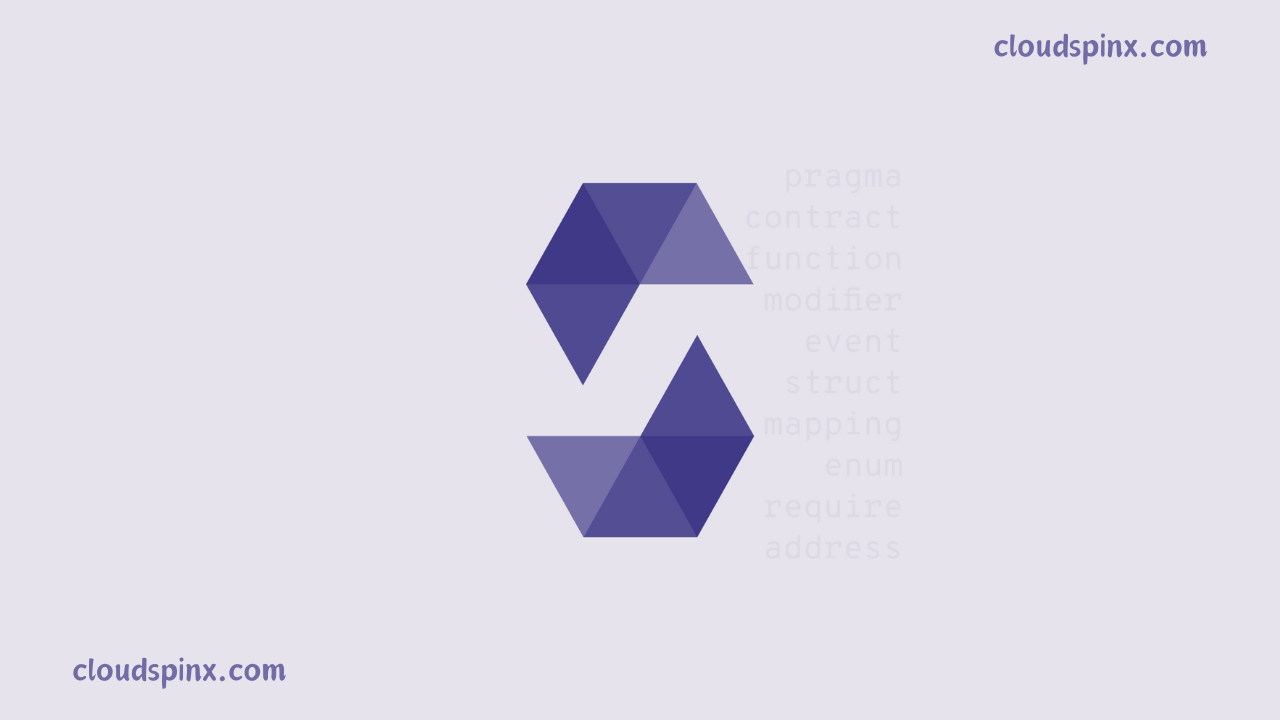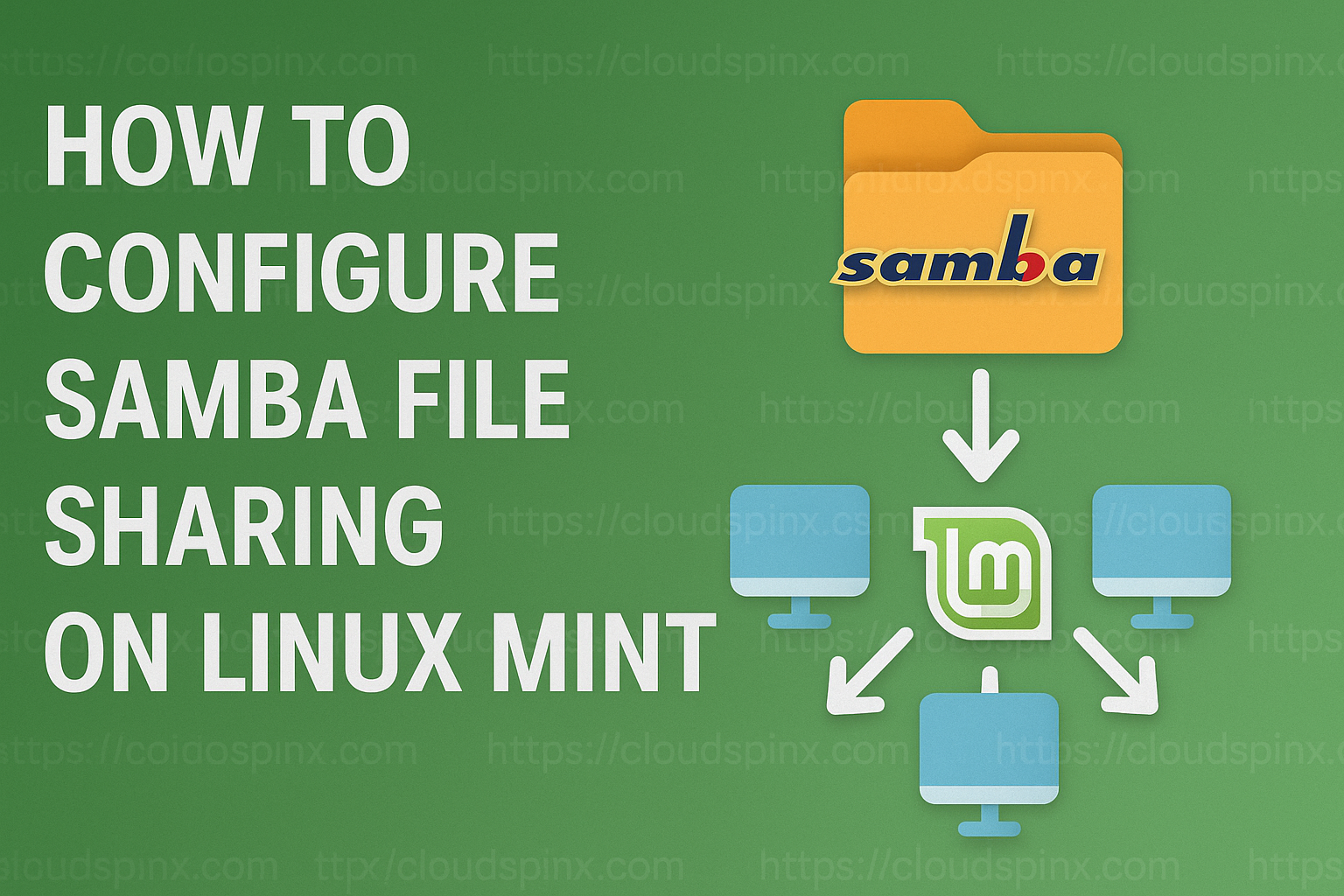Programming languages are used to communicate with computers as they are simply like tools used to give a set of instructions to a computer to execute. Computers communicate in their own language known as machine language which is composed of 0s and 1s. This is difficult for human beings to understand this language and so programming languages are used to translate the abstract 0s and 1s into something human beings can understand. There are two levels of programming languages;
- Low-Level programming languages are closer to machine language. They are challenging to write but their advantage is that they are fast and give a programmer control over how the computer will function.
- High-level programming languages are easier to write and are closer to human understanding as they are user-friendly. They, however, require an interpreter to translate them into the machine language which can delay their service and are not as fast as the low-level languages. They include Java, Python, and C++
🚀 Ready to master Ubuntu? This content is an extract from The Ultimate Ubuntu Desktop Handbook. Discover the complete guide today.
Developers use programming languages to develop applications like Web and mobile apps. High-level programming languages are used by software engineers to program applications as they are closer to how humans understand because they use words like object, request, and import to give instructions. Programming languages merely do the same thing but differ in syntax which can make some easier to learn and others can be quite a bit challenging to grasp at first.
What is Solidity?
Solidity is an object-oriented programming language designed for developing smart contracts that run on Ethereum. Smart contracts are programs that govern the behavior of accounts within the Ethereum state. Ethereum is a community-run technology that powers the cryptocurrency ether (ETH) and thousands of decentralized applications. Smart contracts are used to conduct trustworthy transactions without the involvement of a third party; these transactions are traceable and irreversible. A smart contract can be used in cases such as voting, crowdfunding, blind auction, and multi-signature wallets.
Solidity supports different data types including Integers, Booleans, Modifiers, and String Literals. It also offers enums, operators, arrays and hash values to form a data structure termed as mappings used for returning values linked with storage locations. Tools that can be used in building Solidity based smart contracts are Solgraph, Solidity REPL, EVM Lab, and Evmdis. It also offers functions, classes, arithmetic operations, and string manipulation.
Solidity includes different functionalities like:
- Supporting multiple inheritances with C3 linearization.
- Supporting state objects or variables and data types.
- It has complex member variables for contracts containing structures and arbitrarily hierarchical mappings.
- Supporting application Binary Interface that facilitates several type-safe functions within a single contract.
This guide will show you how to install and use Solidity on Ubuntu / Debian.
Install Solidity on Ubuntu
Update your system packages to the latest versions with the following command.
sudo apt update && sudo apt upgrade -yReboot after an upgrade if this is required.
[ -f /var/run/reboot-required ] && echo "Reboot is required" || echo "No reboot is required"Solidity provides PPAs for Ubuntu. You can add it with the following command.
sudo apt install software-properties-common
sudo add-apt-repository ppa:ethereum/ethereumThen install Solidity as follows.
sudo apt update
sudo apt install solcTo confirm successful installation, check for the version.
$ solc --version
solc, the solidity compiler commandline interface
Version: 0.8.28+commit.7893614a.Linux.g++Install Solidity on Debian
Update your system packages to the latest version with the following command.
sudo apt update && sudo apt upgrade -yYou can install Solidity on Debian using Snap. If you do not have Snapd installed on your system, start by installing it.
sudo apt install snapd
sudo snap install solcReboot your system.
sudo rebootCheck for the version to confirm the installation.
$ solc --version
solc, the solidity compiler commandline interface
Version: 0.8.28+commit.7893614a.Linux.g++Sample Hello World Program
A sample Hello world is shown below.
// SPDX-License-Identifier: MIT
pragma solidity >=0.6.0 <0.9.0;
contract HelloWorld {
function helloWorld() external pure returns (string memory) {
return "Hello, World!";
}
}To get started on Solidity, You can use Remix which is a web-based IDE.
Conclusion
In this guide, we have seen how to install and use Solidity Programming Language on Ubuntu/Debian. Solidity is a curly-bracket programming language that is statically typed and supports inheritance, libraries, and complex user-defined types. It is used to create smart contracts that run on Ethereum.
More articles:









